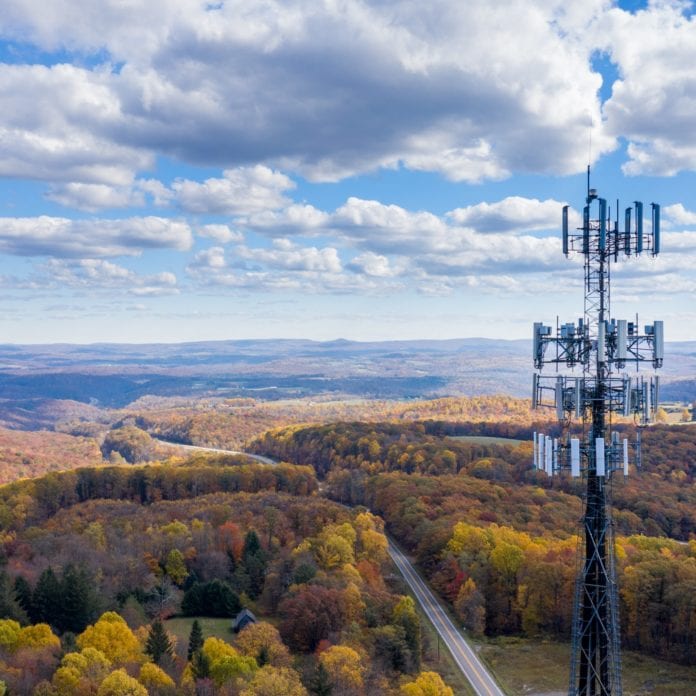Verizon offers LTE Home Internet in 189 primarily rural markets in 48 states
As part of its Citizen Verizon business plan, Verizon announced last week a $1 billion investment in the expansion of rural broadband, as well as new programs and initiatives to further help underserved communities bridge the digital divide.
Citizen Verizon represents the carrier’s efforts to support economic, environmental and social advancement, and has a total 2020-2025 investment that is expected to exceed $3 billion.
“Responsible business isn’t philanthropy, it must be part of the core strategy,” said Hans Vestberg, chairman and CEO of Verizon. “We are committed to building sustainable solutions for our key stakeholders and driving access to mobility, broadband and cloud services for all.”
According to the Federal Communications Commission, as of 2017, 21 million Americans lacked broadband internet, with some suggesting that even that number is understated. Further, COVID-19 brought this issue into the spotlight as employees and students were forced to work and learn from home, a task that proved particularly challenging for the more than 9 million schoolchildren who lack sufficient connectivity.
Verizon’s attempts to help bridge the digital divide, however, go beyond providing more broadband coverage. The initiative also includes a partnership with the National 4-H Council to provide digital skills training to adults in rural communities. The program will have a specific focus on people of color and the carrier will work with nine Historically Black Colleges and Universities (HBCUs) and all land-grant institutions. According to Verizon, the program will provide teens with job training that is expected to empower 15,000 adults with basic digital skills needed for jobs, education, banking and healthcare by the end of the year.
In addition, beginning May 12, Verizon customers who meet income-based requirements set by the FCC will temporarily receive monthly discounts up to $50 per month, or up to $75 per month if on tribal lands. The Emergency Broadband Benefit (EBB) Program discounts internet service and related equipment such as routers, for families and individuals who continue to experience financial hardships during the COVID-19 pandemic. With improved connectivity, customers can access critical services such as virtual learning, remote work and telehealth visits
“These actions are important steps in Verizon’s long-standing work to put the power of technology in the hands of people who need it most. It also underscores our commitment to leveraging the power of technology to address issues of equity and equality in underserved communities across the country,” said Rose Stuckey Kirk, chief corporate social responsibility officer at Verizon.
In mid-April, AT&T revealed its own $2 billion commitment to rural communities. Just like Verizon customers, certain AT&T customers can received the same monthly discounts on internet connectivity through the FCC’s EBB Program. AT&T also offers discounted wireless solutions to more than 135,000 public and private K-12 schools, colleges and universities and a program, called Access from AT&T, provides qualifying households with wireline internet service at $10 or less per month.
“We believe that broadband connectivity is essential for all Americans,” said AT&T’s CEO John Stankey.

